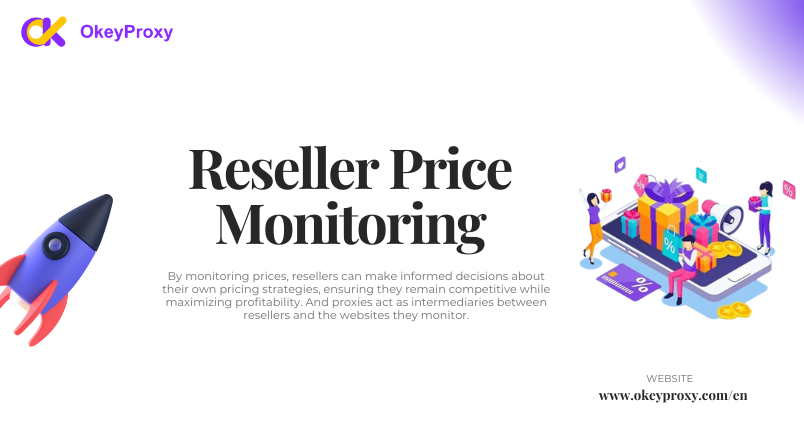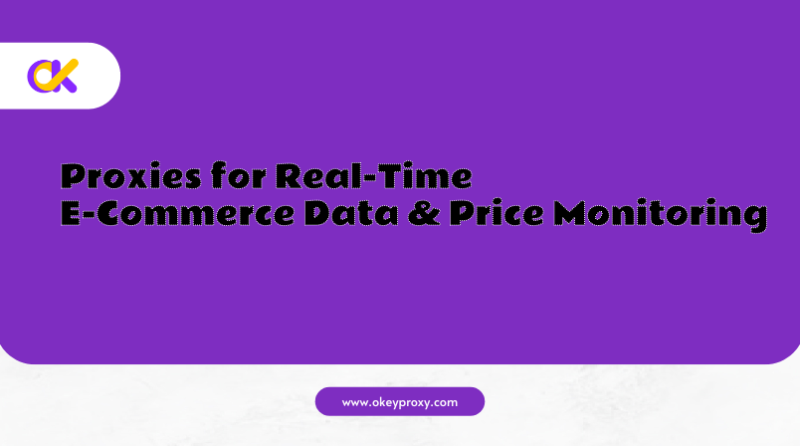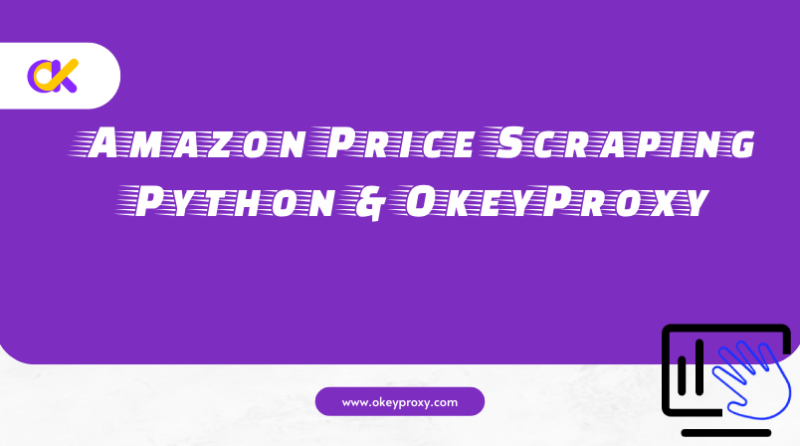Businesses face the challenge of setting optimal prices for their products or services. And resellers, in particular, need to constantly monitor and adjust their prices to stay competitive and maximize profitability. This is where reseller price monitoring comes into play. In this article, we will explore the concept of reseller price monitoring, its benefits, and how it can help businesses thrive in a dynamic market environment.
What is Reseller Price Monitoring?
Reseller price monitoring refers to the practice of regularly tracking and analyzing the prices of products or services offered by competitors or other resellers in the market. It involves gathering data on pricing trends, changes, and strategies to gain insights into the competitive landscape. By monitoring prices, resellers can make informed decisions about their own pricing strategies, ensuring they remain competitive while maximizing profitability.
Benefits of Reseller Price Monitoring
Competitive Advantage: Reseller price monitoring provides businesses with a competitive edge by allowing them to stay updated on market trends and competitor pricing strategies. By closely monitoring the prices of similar products or services, resellers can adjust their own prices to remain competitive and attract customers.
Maximizing Profitability: Price monitoring helps resellers optimize their pricing strategies to maximize profitability. Through analyzing price trends and market demand in the industry, companies could identify opportunities to increase prices if demand is high or adjust prices to maintain competitiveness during periods of fierce competition.
Effective Pricing Strategy: Reseller price monitoring enables companies to develop and implement effective pricing strategies. Knowing the pricing dynamics in the market, resellers can determine the most suitable pricing models, such as cost-based pricing, value-based pricing, or competitive pricing, which helps businesses set prices that align with customer expectations and market conditions.
Identifying Market Trends: Monitoring prices provides valuable insights into market trends and customer behavior. By analyzing price fluctuations, businesses could identify patterns, seasonal trends, or changes in customer preferences. This information can be utilized to adapt marketing strategies, launch promotional campaigns, as well as introducing new products or services to meet evolving customer demands in time.
How to Implemente Reseller Price Monitoring
To effectively implement reseller price monitoring, consider the following steps:
Define Key Competitors: Identify the key competitors or resellers in your market niche. This could include businesses that offer similar products or services or target the same customer segment. Focus on monitoring their pricing strategies to gain a competitive advantage.
Select Monitoring Tools: Utilize price monitoring tools or software to automate the process of gathering and analyzing pricing data. These tools can track competitor prices, monitor price changes, and provide detailed reports or alerts to keep you informed.
Analyze Pricing Data: Regularly analyze the collected pricing data to identify patterns, trends, or changes in the market. Look for opportunities to adjust your own pricing strategy based on the insights gained from the analysis.
Adjust Pricing Strategy: Based on the analysis of pricing data, make informed decisions about your pricing strategy. Determine if adjustments are needed to remain competitive or to maximize profitability. Consider factors of market demand, product differentiation, and cost structure when making pricing decisions.
Monitor Customer Response: Track customer response to price changes and monitor the impact on sales and profitability. This feedback can help refine your pricing strategy and ensure it aligns with customer expectations and market dynamics.
The Role of Proxies in Reseller Price Monitoring
Proxies act as intermediaries between resellers and the websites they monitor. By routing their internet traffic through a proxy server, resellers can gather pricing data from various sources without revealing their true identity or location. Here’s how proxies enhance reseller price monitoring and you can choose reliable proxy sever like OkeyProxy to achieve the goals.
1. Anonymity and Privacy: Proxies provide resellers with anonymity and privacy when collecting pricing data. By masking their IP address, proxies prevent websites from tracking resellers’ activities and associating them with specific price monitoring activities. This ensures that resellers can gather data discreetly and without interference.
2. Multiple IP Addresses: Proxies offer the ability to use multiple IP addresses from different locations. This allows resellers to simulate browsing from various regions, effectively monitoring prices in different markets. With proxies, resellers can gather a broader range of pricing data, enabling them to make more informed decisions about their own pricing strategies.
3. Avoiding IP Blocks: Some websites implement measures to block or limit access from certain IP addresses, particularly those repeatedly accessing pricing data. Proxies help resellers overcome this obstacle by rotating IP addresses. By switching between different proxies, resellers can avoid being detected and blocked, ensuring uninterrupted price monitoring.
4. Scalability and Efficiency: Proxies enable resellers to scale their price monitoring efforts efficiently. With the ability to connect to multiple proxies simultaneously, resellers can monitor prices from numerous websites concurrently. This saves time and resources, allowing resellers to gather comprehensive pricing data efficiently.
Conclusion
Reseller price monitoring is a crucial practice for businesses aiming to thrive in a competitive market environment. By regularly tracking and analyzing competitor prices, resellers can gain a competitive advantage, maximize profitability, and develop effective pricing strategies.





